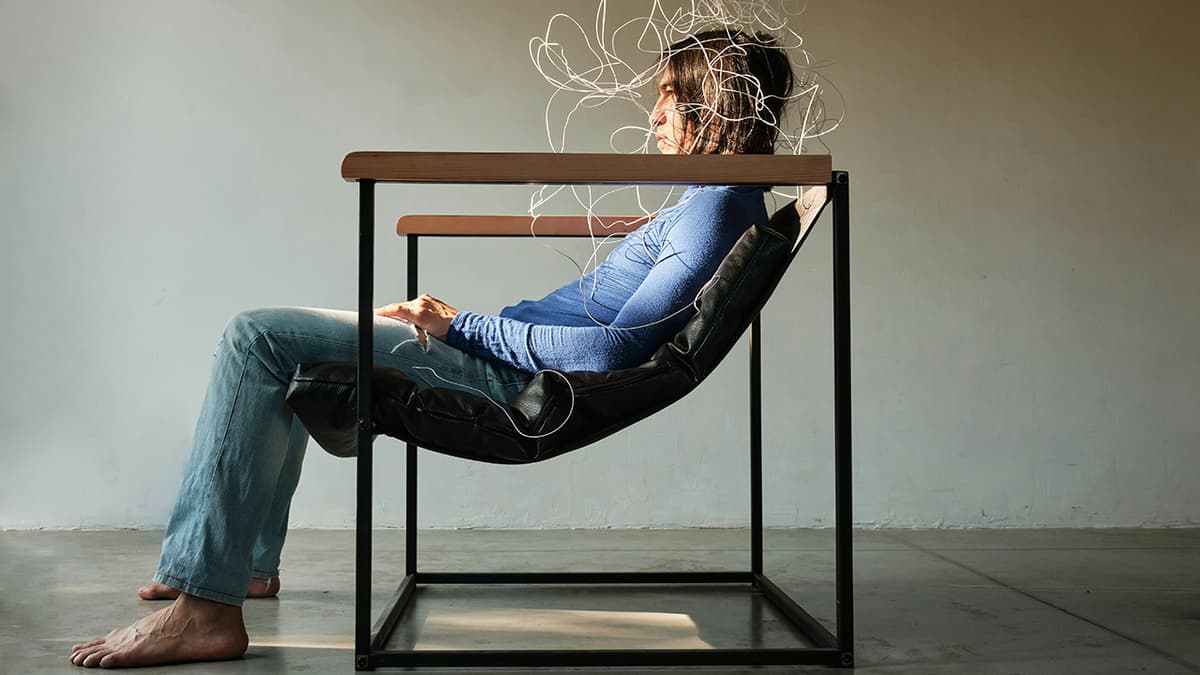What Does a UX Researcher Do?
In a digital world, creating user-friendly experiences is vital. Who makes sure that websites, apps, and products are functional and enjoyable? That’s the role of a UX researcher. What exactly does a UX researcher do?
What is UX Research?
UX stands for User Experience. It concerns how a person feels while interacting with a product, system, or service. UX research aims to understand users’ needs, behaviors, and preferences. UX researchers use various methods to gather insights that inform design decisions, creating products that provide meaningful experiences.
Who is a UX Researcher?
A UX researcher studies how users interact with products. They uncover user thoughts and feelings during product use. Often part of a design team, UX researchers put the user at the center of the design process.
Their role includes being a researcher, analyst, and communicator. UX researchers empathize with users and turn feedback into actionable insights for developers, designers, and stakeholders.
What Tools and Methods Do UX Researchers Use?
UX researchers employ a variety of techniques and tools to collect data. Here are some common methods:
-
Interviews: Engaging users directly to gather qualitative information about their preferences and challenges.
-
Surveys: Distributing questionnaires to receive feedback from a larger audience, helping to quantify user experiences.
-
Usability Testing: Observing real users navigating a product or prototype, identifying pain points and successes in interactions.
-
Field Studies: Watching users in their natural environment to understand context and usage patterns.
-
Focus Groups: Gathering a group of users to discuss their thoughts and feelings about a product, providing rich qualitative data.
-
Card Sorting: Understanding how users categorize information, essential for structuring menus or navigation.
-
A/B Testing: Comparing two versions of a product feature to see which performs better.
Each method has its strengths, and effective UX researchers know when to use each to gather the necessary data.
Why is UX Research Important?
UX research plays a critical role. Here’s why:
-
User-Centric Design: Understanding user needs leads to more intuitive and satisfying products.
-
Informed Decision-Making: Research data enables stakeholders to make educated decisions, reducing the risk of product failure.
-
Cost-Efficiency: Investing in UX research early can save time and resources by minimizing redesigns after launch.
-
Increased User Engagement: Products focused on user experience often experience higher engagement, resulting in better customer satisfaction and loyalty.
-
Competitive Advantage: Companies that prioritize UX research tend to stand out, as their products resonate more effectively with users.
What Skills Does a UX Researcher Need?
To excel, a UX researcher should develop several key skills:
-
Analytical Skills: Interpreting data and finding trends are central to research roles.
-
Communication Skills: Clearly conveying findings to the team is essential for alignment.
-
Empathy: Understanding user feelings fosters deeper insights.
-
Critical Thinking: Challenging assumptions and thinking creatively about findings promotes innovation.
-
Adaptability: Being flexible allows researchers to adjust methods and approaches as needed.
Where Do UX Researchers Work?
UX researchers can work in various environments. Some are employed by tech companies like Facebook, developing user experiences for millions. Others may work in agencies, collaborating with diverse clients on unique projects. Freelancing offers flexibility to work on varied projects across different industries.
The common goal is to understand users and enhance their interactions with products.
What is a Day in the Life of a UX Researcher Like?
What does a typical day look like for a UX researcher? You might start your morning reviewing usability tests conducted the day before. After analyzing the data, you identify critical pain points to share with the design team. A discussion might lead to a design pivot based on your findings.
Next, you conduct user interviews, exploring their needs. These interviews may reveal unexpected insights that influence the product roadmap. Your day also includes preparing reports summarizing your research and presenting findings to stakeholders, guiding decisions that will enhance user satisfaction.
What does a UX researcher do? They work diligently to gather user insights and shape products. Through interviews, surveys, testing, and analysis, they ensure the product is not just visually appealing but truly resonates with its users.












